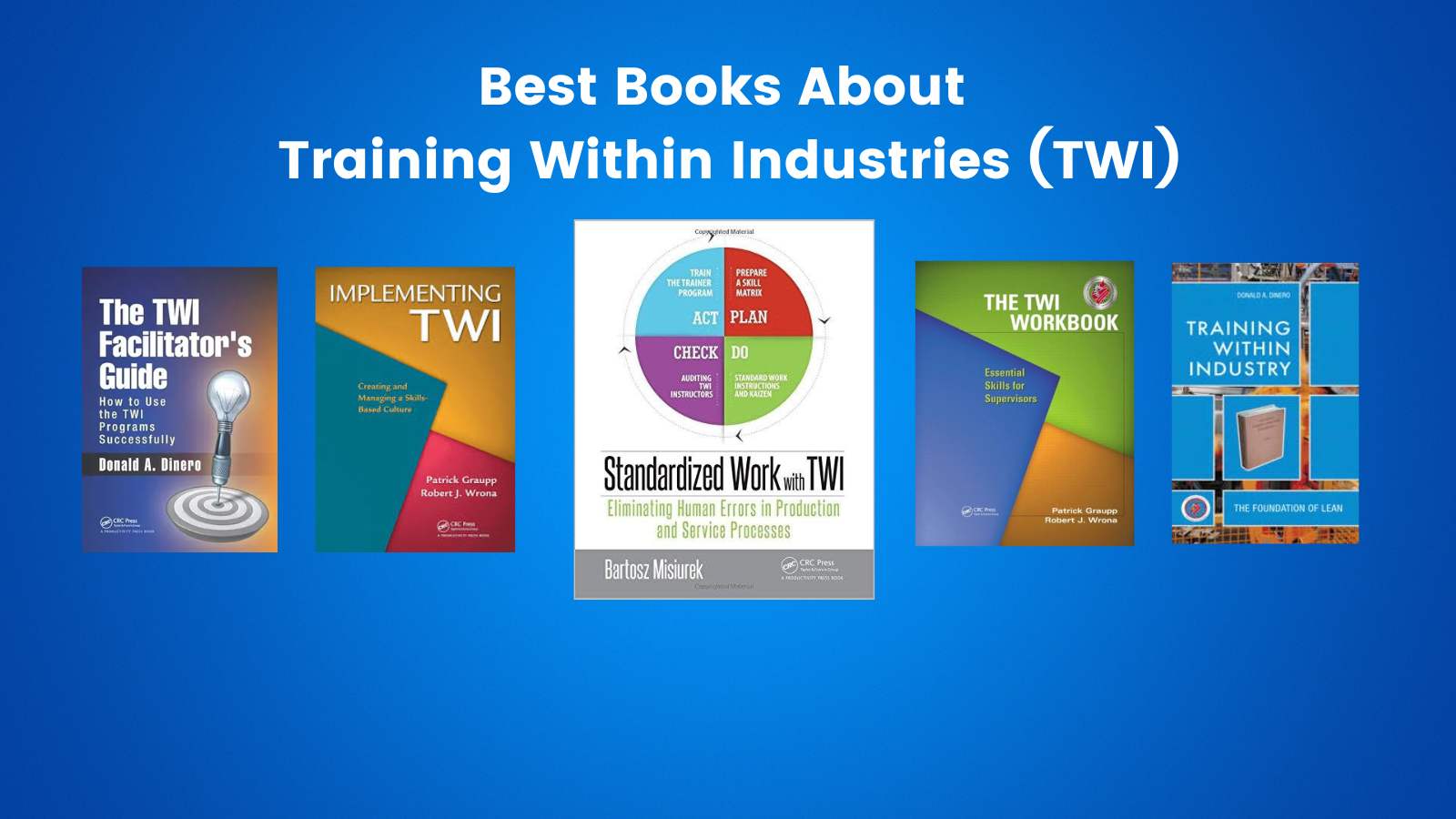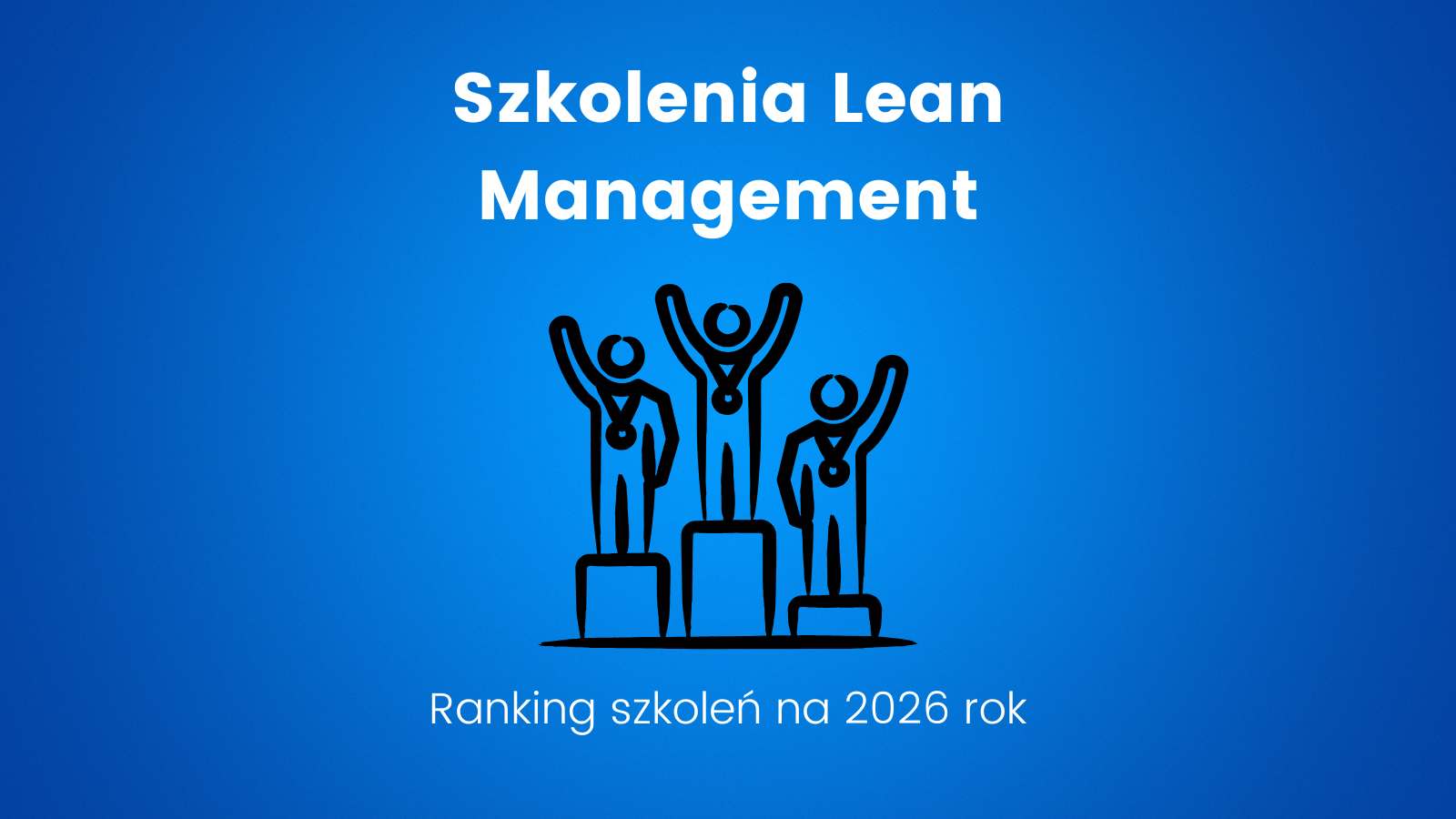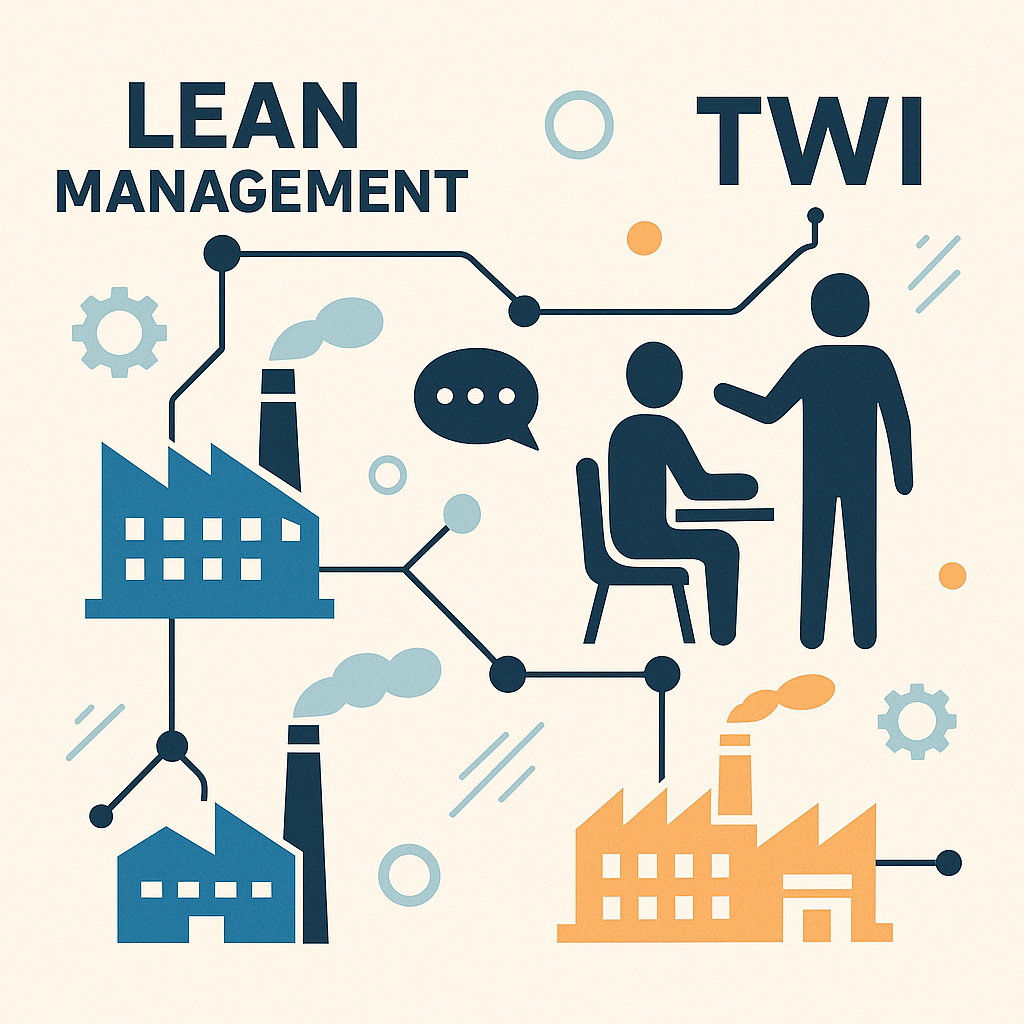Shuhari is a concept in martial arts that can be applied to various learning processes, including workplace training and development. It describes the stages of learning and mastery and is divided into three distinct phases: Shu, Ha, and Ri. The concept of Shuhari originates from Japanese martial arts and has a rich historical background. Although not precisely dated, its roots can be traced back to traditional Japanese arts and culture, including practices like tea ceremony, calligraphy, and various martial arts.
Shuhari and Toyota Production System
“We build people before we build cars.” This saying says a lot about priorities, cultural values, and the Toyota Way. Shuhari has significant relevance and connections to the Toyota Production System (TPS), a highly influential methodology in modern manufacturing and business practices. Toyota, known for its innovative and efficient production system, embodies principles that resonate with the stages of Shuhari.
Toyota managers, as a rule, say that the most important (or even the only) feature that distinguishes their organization from their competitors is the talent that they work with and develop. Without them, it is not possible to stand out or survive in a hyper-competitive world, because each system requires highly competent and gifted people who can maintain it and constantly improve it (entropy cure).
Questioning yourself – foundation of TPS
This is where the question usually arises: “Well, but where to get these talents?” In my opinion, it is first worth asking the following questions: “Am I creating the conditions for the development of talents?” and “Do my talents escape to the competition because they can better develop there?” We know that even the best grain will not bear fruit if it does not fall on “good soil”. So one by one …
At Toyota, the approach is clear: inborn talent is a maximum of 10% of human capabilities (as a rule), and the remaining 90% must be learned and worked on. Of course, you need a “seed of talent” (predisposition) and commitment, and all the rest is just “Benedictine patience”, repeated daily effort, and methodical exercises as part of the SHU-HA-RI (Kata) learning cycle.
The philosophy of Shuhari
The philosophy of Shuhari, therefore, is deeply intertwined with the principles and practices of the Toyota Production System. It underlines the journey from learning and adhering to standards, through critical reflection and improvement, to achieving a level of mastery that fosters innovation and continuous development. Toyota’s success and global influence in manufacturing and beyond can be partly attributed to its embrace of this progressive learning and development philosophy. Shuari means:
Develop Exceptional Employees. For a better understanding of the process of developing talents, the “pool metaphor” and the comparison with learning to swim work very well. Most of the “non-Toyota” companies stop developing employees’ skills when they are already working independently (swimming) and achieving the expected efficiency and quality indicators (time and style). Simply, we reach the middle of the pool and are happy with mediocrity. We develop an employee’s potential in a process that is meant to last as short as possible (!). The worst thing is that after being implemented to work, as a rule, nothing else happens. Toyota uses the “whole pool” by focusing on constant development and continuous improvement so that employees can use their full potential. In practice, they take responsibility for improving their workstations, which is accompanied by a sense of passion and pride in the work they do.
Conclusions
Shuhari is much more than a concept rooted in martial arts; it’s a universal framework that guides the journey from learning to mastery, applicable in diverse contexts including modern industry and business practices. Its stages of Shu, Ha, and Ri encapsulate a natural progression from foundational learning to innovative mastery, highlighting the importance of disciplined adherence, critical reflection, and creative innovation. The adoption of Shuhari principles, as exemplified in the Toyota Production System, showcases the practical application of this philosophy in fostering continuous improvement and excellence. Overall, Shuhari transcends its traditional roots, offering timeless wisdom and a structured approach to skill development and mastery in various professional and personal endeavors.
Over 30 years of experience in Lean Management. He is a psychologist, consultant, trainer, coach and management mentor. He was a Regional Director in leading organizations in the financial industry and participated in the creation of HR and management projects implemented jointly with the consulting BCG Company. Specializes in the development of people, leaders, teams and organizations in the VUCA environment.







